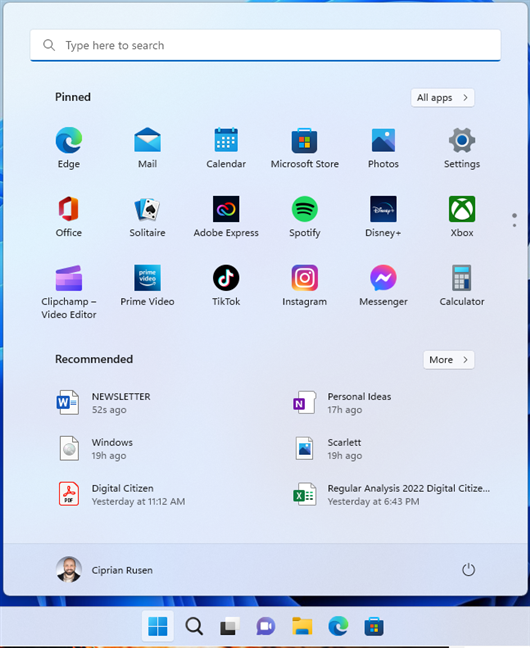UK workers still seeking better work-life balance, report says

Half of UK tech professionals are considering leaving their present role in the next 12 months, many because they’re looking to work from home.
More than half told recruitment firm Harvey Nash that it’s their workload that’s pushing them to look elsewhere. However, a third said they want a change of culture – and the ability to work from anywhere was the biggest pull factor, along with better pay.
“Whether or not UK technologists follow through with their intentions to leave remains to be seen, but what is clear from our study is that expectations of their roles and the companies they work for are changing,” said Andy Heyes, managing director UK&I and Central Europe at Harvey Nash.
“After pay, satisfaction in flexible work environments, work-life balance, and positive corporate culture feature high on their list of demands.”
The report paints a mixed picture. More than half the tech professionals said their workload had increased over the past year, and more than a quarter that their team had shrunk. More than nine in ten said they felt that the lack of people was making it harder to deliver their technology strategy.
On the upside, though, UK staff do, feel well supported – with 85% of tech professionals saying their employer is supportive of their physical and mental wellbeing.
Routes into tech careers are changing – while a university degree is the path for almost half, a similar proportion came from a different career – especially true of women, with almost two-thirds taking this route. Meanwhile, more women than men kickstarted their careers with industry certification.
“Even with tech talent availability returning to pre-pandemic norms, UK businesses must adapt to these evolving needs to attract and retain top tech talent effectively,” said Heyes.
“Going forward, retaining talent will be a delicate balance between getting the pay right and keeping work interesting and rewarding.”
Work-life balance is a continuing issue within the IT industry. Three-quarters of software developers told software firm JetBrains late last year that they’d experienced burnout at some point in their career, for example.
Meanwhile a third of cyber security pros reported crumbling work-life balance in a study from Centripetal, with almost one-third saying their lives are interrupted by work every night, and 70% at least once a week.
The ability to work from home has become a point of conflict between workers and organizations, with many big firms ordering staff back to their desks.
However, last week’s Employment Rights Bill makes flexible working the default position for all jobs ‘where practical’. Employers will have to agree from a worker’s first day, unless they can prove it is unreasonable, on the grounds of cost, quality, or the effect on existing staff, along with other reasons.
Source link









